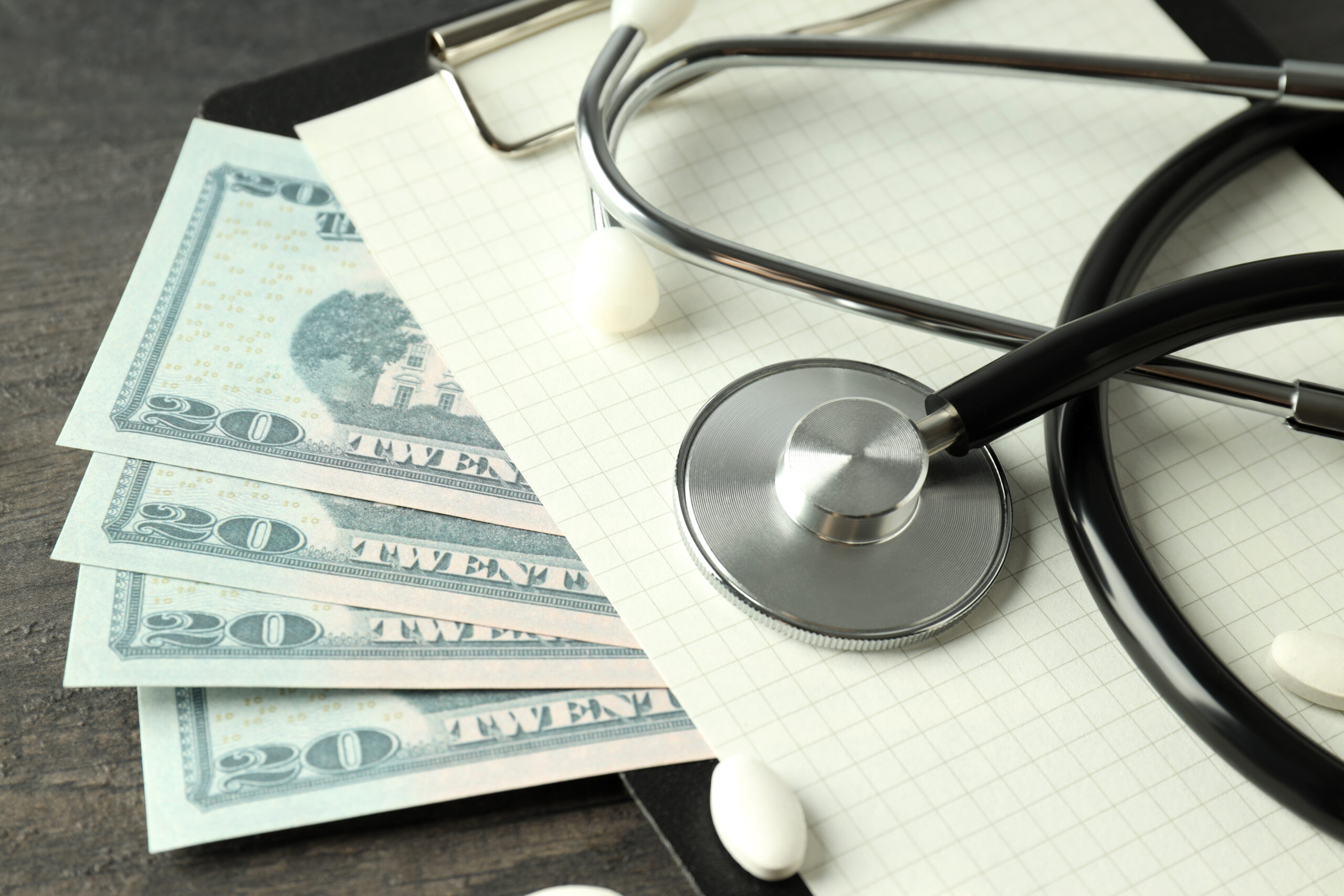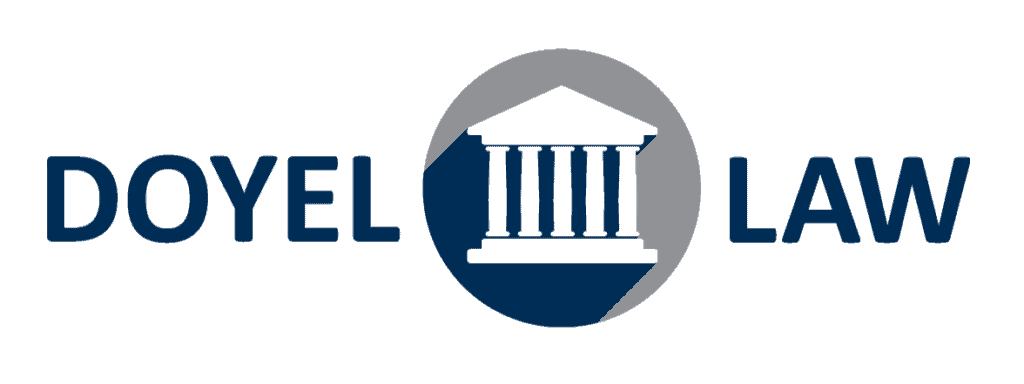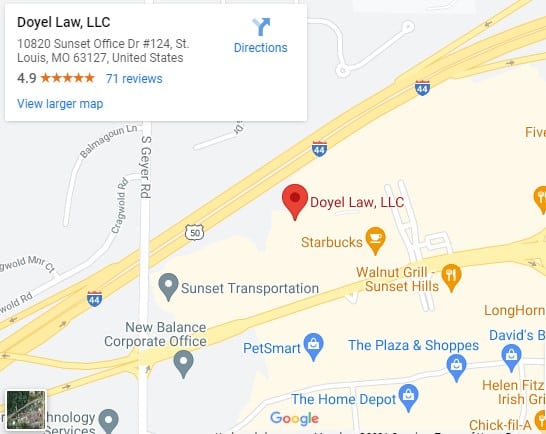Wiping Out Medical Debt Using Bankruptcy
Medical debt can accumulate fast. It can catch even the most financially prepared individuals off guard. Unforeseen medical emergencies, unexpected hospital stays, or chronic health conditions can lead to large bills. These financial problems are very common to individuals living in Sunset Hills, MO.
When faced with overwhelming medical debt, individuals often consider filing for bankruptcy. They hope to find relief and get a fresh financial start. It is crucial for individuals grappling with medical bills to seek bankruptcy and medical debt relief in Sunset Hills, MO.
Quick Summary:
- Swiftly accumulating medical debt catches even the financially prepared off guard. It leads to overwhelming bills from unforeseen emergencies or hospital stays.
- Those with medical debt often consider bankruptcy for relief. It offers a fresh financial start.
- Chapter 7 provides potential relief by discharging eligible unsecured debts, including medical bills. It protects exempt property and stops collection efforts through an automatic stay.
- Chapter 13 offers a structured three to five-year repayment plan. It allows for debt consolidation and potential reduction. It also provides asset protection, and discharge upon successful completion.
- Individuals may file for bankruptcy to address medical debt when facing overwhelming bills, financial hardship, legal actions, unsuccessful negotiations, asset protection needs, creditor calls, or credit score challenges.
- Before filing for bankruptcy, consider alternatives first. Some examples include negotiating reduced settlements, debt settlement programs, credit counseling, financial aid, government assistance, consolidation loans, and credit card payment plans.
Can I File Bankruptcy on Medical Bills?
Yes, you can file for bankruptcy to address and manage medical bills. Many people file for bankruptcy to relieve medical debt.
In the context of medical bills, individuals typically consider two main types of bankruptcy: Chapter 7 and Chapter 13.
How is Medical Debt Affected by Bankruptcy?
Before filing for bankruptcy, consider the implications. Think about the type of bankruptcy suitable to your situation.
Chapter 7 Bankruptcy
Chapter 7 bankruptcy is a legal process that allows individuals and businesses to discharge certain types of debts. It does so by liquidating non-exempt assets to repay creditors.
Here’s how medical debt is typically affected by Chapter 7 bankruptcy:
- Filing for Chapter 7 bankruptcy has a major benefit: it discharges some unsecured debts, like medical bills. The discharge means you are no longer legally obligated to repay the debts that are eligible for discharge.
- Chapter 7 involves liquidating non-exempt assets to pay off creditors. But many individuals find that their assets are exempt or protected by law. In practice, most Chapter 7 bankruptcies are “no-asset” cases. This means no assets are available for distribution to creditors.
- State and federal laws provide exemptions to protect certain types and amounts of property from being sold to repay debts in Chapter 7 bankruptcy. Exempt property may include necessary items. For example, your home, car, clothing, and household goods.
- Chapter 7 bankruptcy is known for its relatively quick process. It takes a few months from filing to discharge. That can provide a faster resolution for individuals burdened by medical debt.
- Once you file for Chapter 7 bankruptcy, an automatic stay goes into effect. That halts most collection efforts, including those related to medical bills. This stay provides temporary relief from creditor actions. That gives you some breathing room to address your financial situation.
Remember, not all debts are dischargeable in Chapter 7. You may not eliminate certain obligations, such as recent tax debts, child support, and alimony.
Chapter 13 Bankruptcy
Chapter 13 bankruptcy provides a structured way for individuals with a regular income to reorganize their debts. That involves creating a manageable repayment plan over three to five years. Here’s how medical debt is typically affected by Chapter 13 bankruptcy:
- Medical debt and other unsecured debts are typically included in the Chapter 13 repayment plan. The repayment plan is tailored to your income and expenses. It also outlines how much you will pay monthly to a trustee. The trustee then distributes payments to creditors.
- Chapter 13 allows the consolidating of various debts into a single monthly payment. That includes medical bills. That can make it more manageable to repay your debts over the specified period.
- In some cases, the total amount of unsecured debt, including medical bills, may be reduced through the Chapter 13 repayment plan. The actual reduction depends on factors such as your disposable income and the value of your non-exempt assets.
- Unlike Chapter 7, Chapter 13 does not involve liquidating assets. Instead, you keep your property while adhering to the terms of the repayment plan. That can benefit individuals with valuable assets they wish to keep, such as a home or a car.
- Once you complete the repayment plan, any remaining eligible unsecured debts, such as medical bills, may be discharged. This discharge provides a legal release from the obligation to repay those debts.
- Like Chapter 7, filing for Chapter 13 triggers an automatic stay. That halts most collection efforts. It also provides relief from creditor actions related to medical bills.
When is it the Right Time to File Bankruptcy for Medical Debt?
It is a significant decision to determine the right time to file for bankruptcy for medical debt. Individual circumstances may vary. Below are common situations when filing for bankruptcy is reasonable:
- It may be the right time to file for bankruptcy if your medical bills are overwhelming and causing severe financial strain.
- Bankruptcy could be a viable option if you are experiencing ongoing financial hardship. This is especially true if you’re unlikely to repay your medical debt soon.
- Filing for bankruptcy triggers an automatic stay. This stops medical creditors from taking legal action against you.
- If you’ve tried to negotiate with your medical creditors but couldn’t get manageable repayment terms or a lower total debt, bankruptcy might help. It provides a more structured and legally binding resolution.
- If you risk losing essential assets, such as your home or car, due to unpaid medical bills, filing for bankruptcy, particularly Chapter 13, may help protect these assets.
- Bankruptcy can provide relief through the automatic stay. It applies if you receive constant calls from creditors and collection agencies and cannot keep up with their demands.
- Filing for bankruptcy might be a strategic move to start rebuilding your credit over time. This applies if your credit score is already significantly diminished due to medical debt and other financial struggles.
Are There Any Alternatives to Address Medical Debt?
Yes, several alternatives to address medical debt exist. Negotiating with medical providers for reduced settlements is a viable option. You can also explore debt settlement programs. It’s also an option to seek help from nonprofit credit counseling agencies.
Additionally, individuals can inquire about financial aid programs offered by hospitals. They can also ask about government assistance programs like Medicaid. Or they can reach out to nonprofit organizations providing legal aid services. Other potential alternatives include using personal loans for debt consolidation. You can also consider credit card payment plans.
Team Up With Our Bankruptcy Lawyers Today!
If you find yourself weighed down by medical debt and considering bankruptcy, seeking help from a trusted law firm like Doyel Law can be a game-changer. Our legal team can be your guide through the complexities of bankruptcy and medical debt relief. We will help you understand your rights, explore available options, and chart a course toward financial recovery.
Doyel Law is your reliable partner in managing bankruptcy and medical debt relief in Sunset Hills, MO. Give our bankruptcy lawyers a call today!



